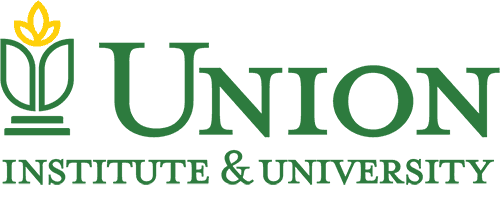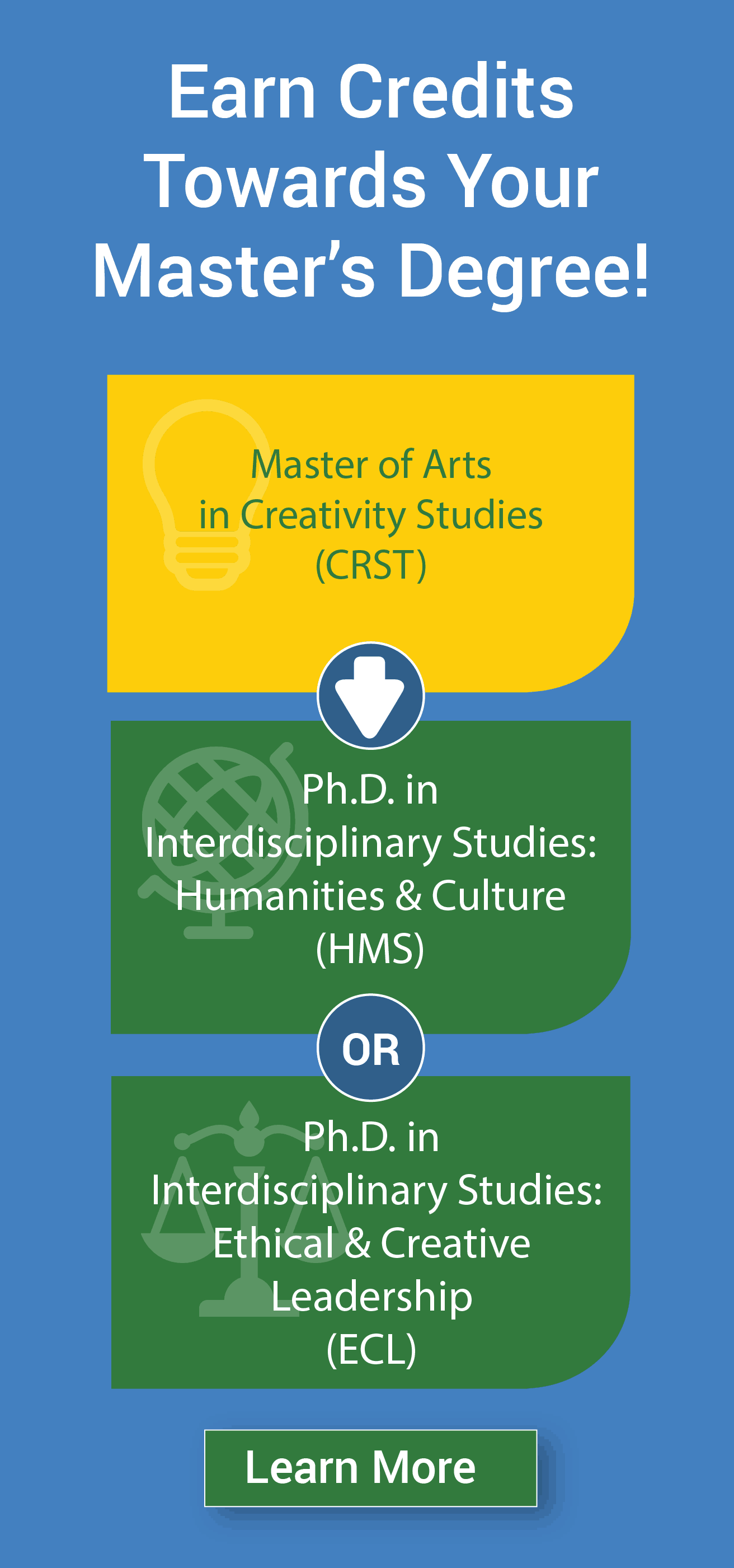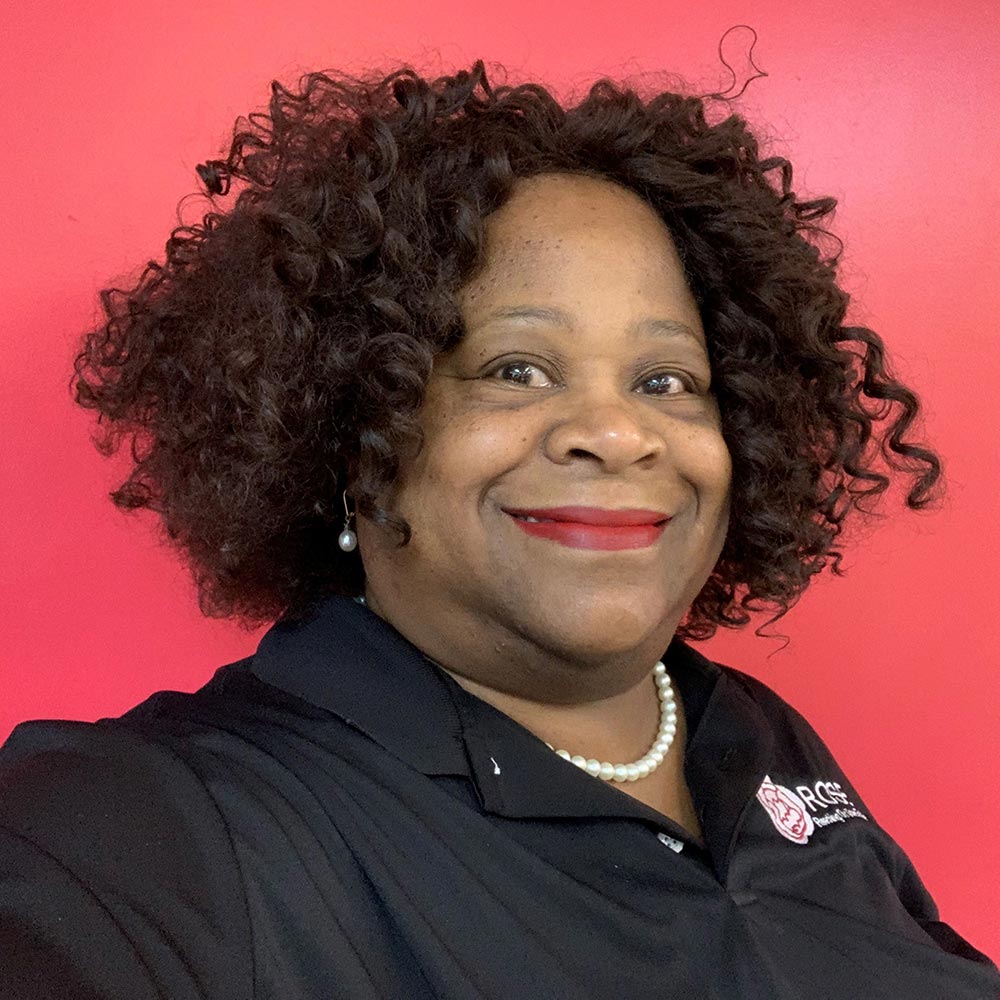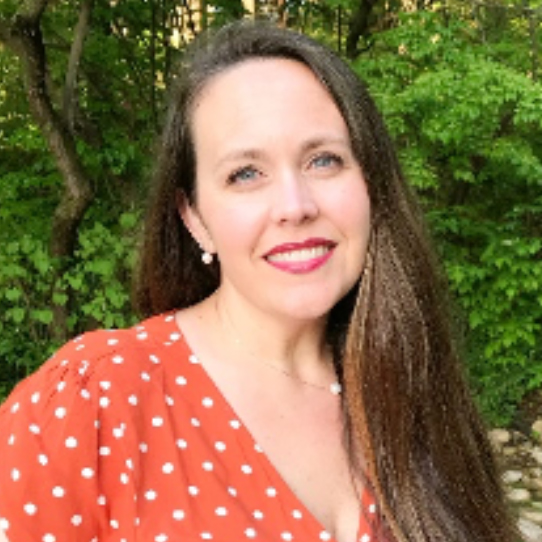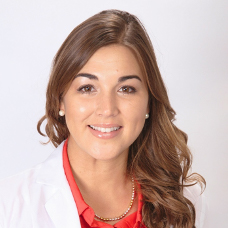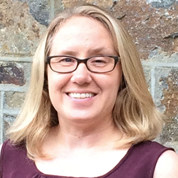Human Lactation Studies
Follow your Passion in Human Lactation
Breastfeeding has positive global health and economic implications, which cannot be duplicated in any other form and as such, it has been studied for decades. The Human Lactation Studies major offers students the ability to learn from previous research while building the skills and strategies necessary in breastfeeding management as they prepare to become International Board Certified Lactation Consultants (IBCLCs) and/or aid in their professional development as a seasoned IBCLC. The Human Lactation Studies major provides a strong foundation in research methods, healthcare ethics, evidence-based practice, and experiential learning.
Follow your Passion in Human Lactation
Breastfeeding has positive global health and economic implications, which cannot be duplicated in any other form and as such, it has been studied for decades. The Human Lactation Studies major offers students the ability to learn from previous research while building the skills and strategies necessary in breastfeeding management as they prepare to become International Board Certified Lactation Consultants (IBCLCs) and/or aid in their professional development as a seasoned IBCLC. The Human Lactation Studies major provides a strong foundation in research methods, healthcare ethics, evidence-based practice, and experiential learning.
A Unique Combination of Online and Experiential Learning
Union Institute and University’s Human Lactation Studies major is offered exclusively online and offers opportunities for students to gain knowledge and skills from unique and direct experiences outside of traditional academic methods.
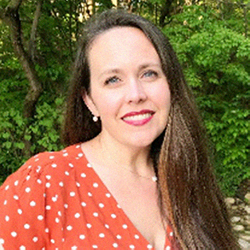
What makes Union’s M.A. with a major in Human Lactation Studies unique?
“Our program is offered exclusively online, which offers the ability for students to attend classes on their time. The small class size allows students to form lasting mentoring relationships with faculty.”
Lisa Akers, PhD, RDN, IBCLC, RLC, FAND
Human Lactation Studies Advisor
Careers
applying your degree to real world experience
Our students are individuals with academic or work experience in the maternal and child health field who want to build a foundation for their career in human lactation. Some of our students chose Union for a career change and to fulfill their passion for the field of human lactation. Many of our graduates go on to work in a clinical setting such as a hospital, obstetric office or pediatric office. Others have chosen to work in the public health setting for federal programs such as the USDA Women, Infants and Children (WIC) Program. Still others have gone on to open their own private lactation practice or nonprofit organization.

Our CAAHEP accredited Pathway 2 program is led by scholar-practitioners who are leaders in the field of human lactation. Our faculty combine theory with practice to adequately prepare students to become advanced practitioners in the field of human lactation.
Human Lactation Studies Structure & Courses
• 36-hour program
• Full-time and part-time options
• January, May and August start dates
• Complete your degree in as little as 20 months
Frequently Asked Questions
How does one become an International Board Certified Lactation Consultant (IBCLC)?
There are three pathways through the International Board of Lactation Consultant Examiners (IBLCE) by which individuals can become IBCLCs. Each pathway requires 14 health science pre-requisite courses, 90- hours of didactic lactation education, and a certain number of clinical hours. We are a CAAHEP accredited Pathway 2 academic program.
Does this program provide me with all of the requirements to sit for the International Board Certified Lactation Consultant (IBCLC)?
Yes, we are a CAAHEP accredited Pathway 2 academic lactation program. Our 36 credit hour program provides 90 hours of didactic lactation education, 300 clinical hours, and the following health science requirements:
- Psychology/Counseling
- Nutrition
- Introduction to Clinical Research
- Professional Ethics
- Medical Documentation
- Occupational Safety and Security for Health Professionals and Universal Safety Precautions and Infection Control
- Communication Skills
Additionally, students have the option to add any of the following 1 credit hour courses to their program of study if needed:
- Biology
- Medical Terminology
- Anatomy and Physiology
- Infant and Child Growth and Development
What if I already hold the International Board Certified Lactation Consultant (IBCLC) credential? Am I still eligible for the Master of Arts in Human Lactation Studies major?
Yes, we have quite a few students who come to us already holding the IBCLC credential. These students do not need the 90 hours in didactic lactation education nor do they need to 300 hour clinical internship, so their course schedule looks slightly different. These students have the ability to tailor their courses to the specific aspect of human lactation that interests them, so their program of study is more individualized than traditional Pathway 2 Human Lactation Studies students.
My undergraduate degree is not in the healthcare field. Would I still be eligible for the Master of Arts in Human Lactation Major as a Pathway 2 student?
Yes, we are an accredited CAAHEP Pathway 2 program, which will provide you the requirements to sit for the International Board Certified Lactation Consultant (IBCLC) exam.
I see that your program contains a 300-hour clinical internship. Do I need to travel to Cincinnati, OH for this internship?
No, there is no travel needed in our program. The internship is remote and student-identified, so you can choose a preceptor and location that is convenient to you. We have a Clinical Coordinator who works directly with students to help them secure internship sites and secure all of the necessary agreements with the facility.
How does the 300-hour internship work? What is involved in the process of securing an internship site?
The 300-hour internship is split between two courses (150 hours per course). Within each course there is a set of competencies that students must complete along with the hourly requirement.
Internships can take place in hospitals, public health clinics, federal Women, Infants, and Children (WIC) clinics, obstetrics offices, pediatric offices, or private lactation practice.
Students must have a preceptor who is an International Board Certified Lactation Consultant (IBCLC) at their internship site in order to oversee and facilitate their on-sight learning. We encourage students to use the United States Lactation Consultant Association (USLCA) website and the International Lactation Consultant Association (ILCA) website to search for IBCLCs in their area upon admission into the program. Internship courses occur in the students’ third or fourth semester, but it never hurts to get things lined up early.
The internship itself requires a completed Internship Application, background check, proof of health insurance, proof of professional liability insurance, and a completed Affiliation Agreement between UI&U and the internship facility. An Internship Packet, detailing all of this information, is available to all current students.
The internship approval process can take upwards of 6-8 weeks.
What are career opportunities available for IBCLCs?
Many of our graduates have taken traditional career paths beyond graduation while others have taken nontraditional paths. Many of our graduates go on to work in a clinical setting such as a hospital, obstetric office, or pediatric office. Others have chosen to work in the public health setting for federal programs such as the USDA Women, Infants, and Children (WIC) Program. Still others have gone on to open their own private lactation practice or nonprofit organization.
